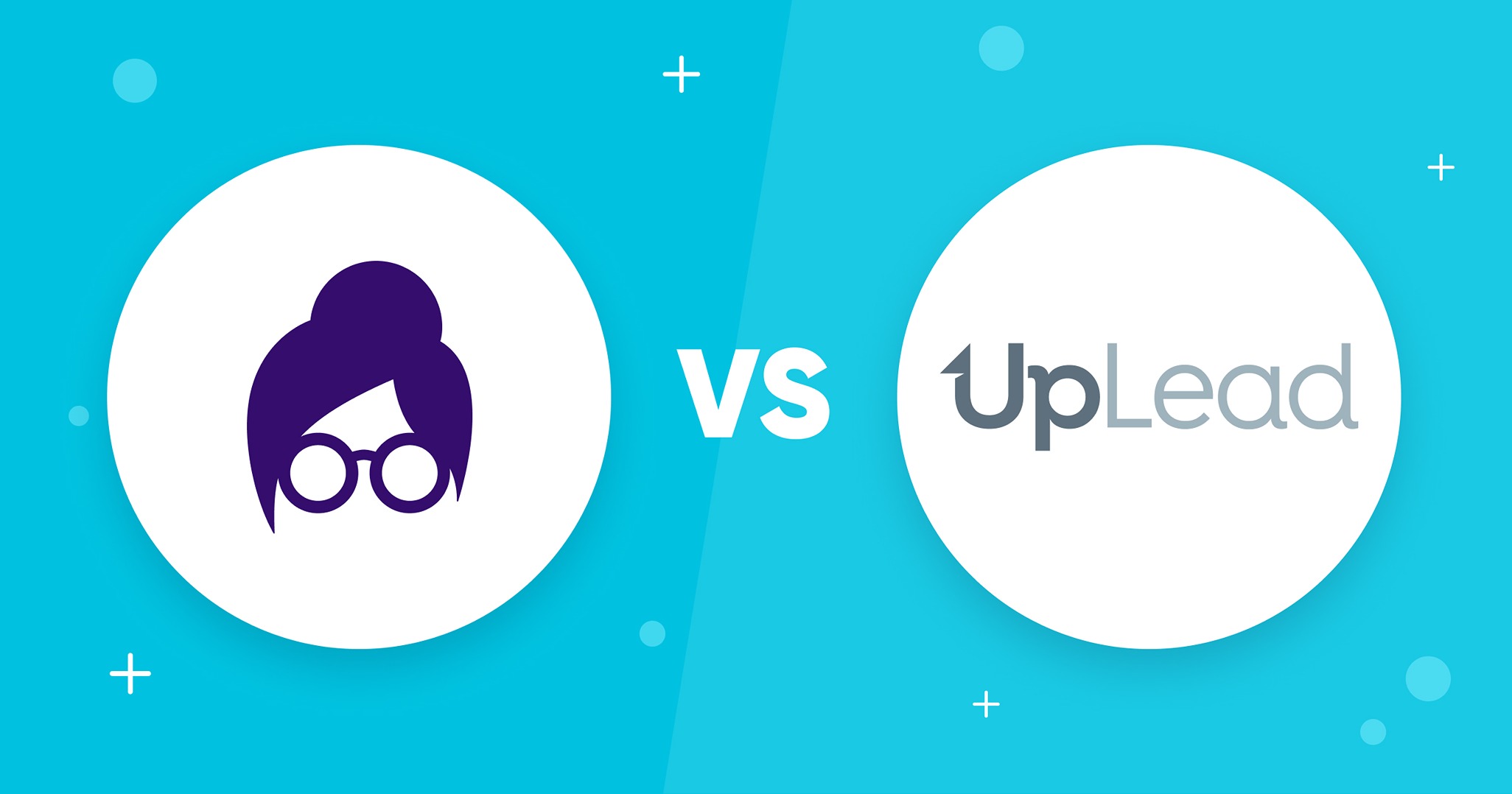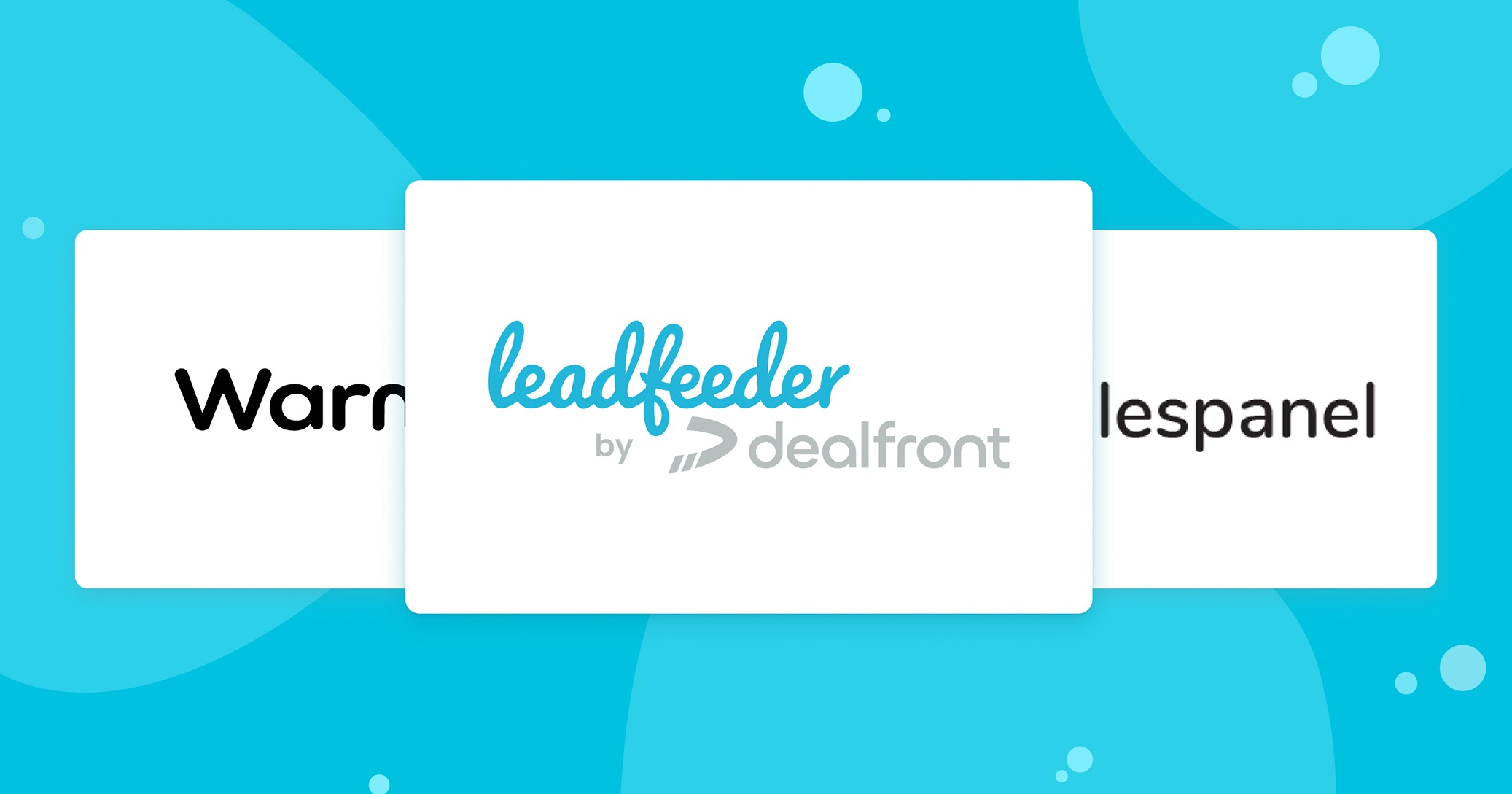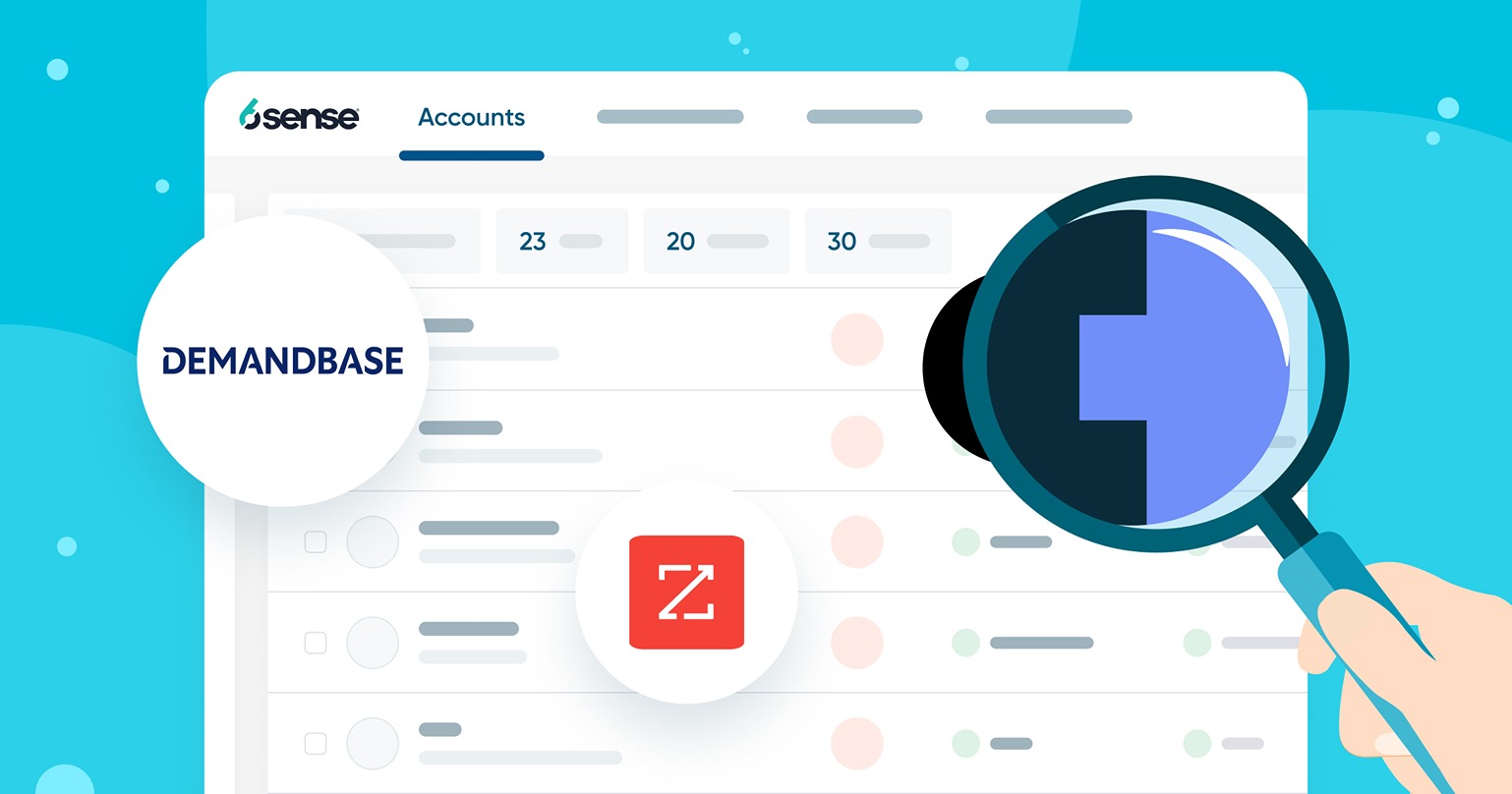As sales and marketing teams aim to scale outbound prospecting and account-based strategies in an increasingly noisy market, the need for accurate and in-depth business data intelligence and prospecting tools continues growing. Top providers like ZoomInfo promise comprehensive firmographic insights and real-time contact record enrichment to empower targeting precision and workflow efficiency gains. Is Zoominfo legit? How reliable is the underlying data? What common pain points accompany promised productivity benefits?
As the adoption of sales intelligence solutions accelerates, examining key player ZoomInfo under the lens of legitimacy and reliability brings considerations for high-performing go-to-market teams to the surface.
Is ZoomInfo Legit?
ZoomInfo operates as a publicly traded company and B2B data provider servicing sales, marketing, and recruiting use cases through platforms like SalesOS and MarketingOS. Initially founded in 2007 as DiscoverOrg, the company acquired Zoom Information Inc. in 2019 – rebranding under the now widely recognized ZoomInfo banner.
As a legitimate company indexed on the Nasdaq since 2020, ZoomInfo invests heavily in compliance with data regulations like GDPR and CCPA while remaining reasonably transparent regarding its data sourcing and subject rights protocols. Despite some lingering concerns around information practices, ZoomInfo demonstrably adheres to legal standards – making information on 14 million companies and 120 million professionals accessible to paying subscribers.
ZoomInfo Overview
At its core, ZoomInfo powers sales, marketing, and recruiting activities by unlocking deep access to an extensive business database of over 321 million business contacts and data points. This aids in accelerating pipeline generation and closing more deals.
However, there are some clear advantages and disadvantages to weigh if considering adding ZoomInfo to your martech stack:
- Pros: robust B2B database drives efficient lead gen; advanced segmentation and intent signals enable targeted outreach scaling; tight CRM integrations streamline workflows.
- Cons: opaque “ask-for-quote” pricing lacks transparency; complexity around setup and UX learning curves causes friction; data accuracy issues occasionally surface despite breadth; expenses stack up fast amid add-on fees.
While most users praise ZoomInfo’s data depth in boosting productivity and win rates, customers’ pockets have bad experience stories and hurdles around stale data, opaque billing, and uneven customer support. Performing due diligence is advised before buying in.
ZoomInfo Use Cases
With over 321 million data points spanning 14+ million companies, ZoomInfo serves myriads of sales, marketing, recruiting, and research applications – making it a versatile ally for big and small enterprises.
Everyday use cases include:
- Sales teams tapping buyer intent data and direct contacts to hyper-target outreach with personalization
- Marketers employing granular firmographic filtering to segment priority prospects for tailored campaigns
- Recruiters leveraging skills and competencies data to uncover best-fit candidates, especially in tight labor markets
- Financial services companies researching potential clients for highly customized account-based marketing pitches
- Conference organizers identifying and engaging with relevant sponsors or attendees based on industry and job title
- Startups seeking investors by analyzing investment thesis and current portfolio company patterns
- Manufacturers reviewing supplier reliability metrics like years in business, leadership tenure, press mentions, and more through an analytical lens
Spanning business development, talent acquisition, market/competition analysis, and more, ZoomInfo’s extensive intelligence supports diverse applications – explaining its vast subscriber base of over 275,000 customers.
Where Does ZoomInfo Get Its Data?
ZoomInfo taps into automated and human-driven data streams across digital and physical sources – aggregating, validating, and updating company intelligence.
Machine learning scans 28+ million sites daily, ingesting business details from press releases, news mentions, job listings, and more. This combines with a community-powered contributory network where individuals share information from email signatures and signatures after agreeing to terms.
Supplementing the above, licensed datasets around public companies, mergers & acquisitions, government filings, and verified social handles enrich accuracy and coverage further. ZoomInfo’s research team then fine-tunes business information for data quality assurance.
Other noteworthy aspects include self-service portals for modifying profiles per data privacy regulations, ethical exclusion policies on gathering personal emails/phone numbers and calendar content, and protocols banning tracking individual browsing histories.
Between automation, public data mining, community sharing incentives, and manual verification procedures, ZoomInfo sustains its intelligence on 14+ million companies and over 321 million contacts. All information undergoes continuous refreshing to achieve recency and relevance.
How Reliable is ZoomInfo’s Data?
ZoomInfo pledges reliable intelligence backed by formal commitments on uptime and accuracy. Specifically, the company guarantees 99.9% platform availability monthly and offers refunds if this service level isn’t maintained.
Additionally, ZoomInfo promises that over 95% of licensed, up-to-date data remains accurate. Prorated refunds apply if over 5% inaccuracy persists for 30+ days post-notification. Quality scoring models label each contact record with predicted accuracy assessments, reassuring subscribers.
Despite occasional reports of outdated entries, ZoomInfo’s 350-person research team, customer-sourced feedback, and automated verification workflows promote ongoing quality checks, leading most industry observers to consider ZoomInfo’s data more reliable than competitors.
The efforts show returns, with 95% of customers ranking ZoomInfo’s data as “high quality.” Still, prudence suggests verifying mission-critical information before acting, given pockets of stale intelligence. However, between accuracy commitments and continuous enrichment in updating 14 million company records, ZoomInfo generally delivers on reliability.
ZoomInfo Complaints: Common Criticism
As a longstanding B2B data solutions leader serving over 275,000 subscribers, ZoomInfo has fielded its share of criticisms amid meteoric growth. Typically centering around opaque ZoomInfo pricing, complex usability, and data privacy concerns, common grievances include:
- High Costs & Fees: Despite undisclosed pricing starting around $15,000 yearly for limited users, additional fees often balloon costs, eliciting “bait-and-switch” cries from small/medium businesses expecting lower adoption barriers.
- Steep Learning Curve: While powerful, ZoomInfo’s platform intricacy slows onboarding and requires investments in training employees to derive value from its breadth of commercial data. A significant setup commitment deters some customers.
- Data Accuracy & Privacy Issues: From antiquated business listings to mismatched contacts, data imperfections spark pushback despite reliability rates topping 95%. Separately, individuals protesting without consent face difficulties accessing opt-out processes or securing data removal.
Additionally, despite asserting legal compliance and reasonable transparency, ZoomInfo must confront lingering public skepticism and lawsuits concerning data practices deemed excessively invasive by critics. The Better Business Bureau previously investigated certain non-consensual data-sharing incidents. In addition, multiple lawsuits continue over unauthorized collection and usage of some personal information. While leaders reaffirm avoidance of past pitfalls, wariness persists around downstream usage of accessed insights.
ZoomInfo Alternatives
While ZoomInfo leads the market for sales and marketing intelligence, for some teams, barriers around opaque pricing, privacy concerns, or special use cases open doors for alternatives matching unique needs. As competition mounts with platforms tackling standout ZoomInfo weaknesses around budget limitations or consolidated feature sets, comparison shopping intensifies.
UpLead
Offering real-time access to over 155 million verified B2B contact profiles, UpLead allows small and mid-sized businesses to scale lead research on a budget. Features like email verification, advanced search filters, and guaranteed 95% data accuracy power targeted prospecting, while a free trial option allows testing the intuitive contact database firsthand. For affordable yet reliable business intel with no strings attached, UpLead provides immense appeal for resource-conscious sales organizations. Try it free today and find the prospect’s contact information with one of the top-tier sales tools on the market.
Lusha
Lusha caters to sales, marketing, and recruiting needs by consolidating contact data with buyer insights to accelerate revenue growth. Above the standard quality guarantee, Lusha’s ISO 27701 certification confirms compliance with the industry’s toughest data privacy and security protocols for peace of mind. While consumer-friendly access points like 14-day trials are table stakes for alternatives, Lusha’s simplicity and speed of deployment set it apart—making enriched contact records actionable within minutes, not weeks.
Apollo.io
With an end-to-end suite bundling lead scoring, predictive analytics, personalization, and sales acceleration tools, Apollo.io consolidates previously disjointed capabilities required for systematic revenue growth. This all-in-one command center gives sales organizations the intelligence and orchestration needed to capitalize on targeted accounts. Though no free testing option exists, Apollo’s rich feature set aligns well for growth-focused teams seeking an integrated stack to progress deals predictably from lead through close.
FAQs About If ZoomInfo is Legit
Below is a breakdown of some of the most common questions about ZoomInfo.
While occasional inaccuracies surface, ZoomInfo pledges 95% minimum accuracy, dedicating 887 engineering and 300 research staff towards quality checks. Customer opinion splits between high praise and citing periodic outdated entries needing corrections – suggesting verifying mission-critical applications before acting. However, among competitors, ZoomInfo leads in reliability metrics overall.
Common detractors cite clunky interfaces slowing onboarding productivity, opaque pricing eliciting sticker shock post-purchase for budget-limited teams, and individuals discovering profiles without consent and then struggling to opt out fully. While enhancements continue, limitations persist.
ZoomInfo gathers information from a mesh of sources, including web domains, SEC filings, job postings, licensed public datasets, and even anonymized business email signatures of ZoomInfo Lite users consenting to terms of use. This amalgamation of digital signals creates vast coverage yet raises questions around permissionless usage for some individuals now listed – despite formal privacy protocol alignment in areas like GDPR and CCPA compliance intended to honor personal rights. Those wanting complete profile removal can submit requests through ZoomInfo’s Privacy Center portal for case-by-case assessment.
Visit ZoomInfo’s Privacy Request page and verify your identity through email confirmation prompts. After submitting the request for full profile deletion, you will receive notifications from ZoomInfo’s trust and safety team confirming receipt of your removal demand and outlining the next steps. Note that basic information confirmation is required strictly for identity validation, enabling the honoring of opt-out preferences.
ZoomInfo operates as a full-fledged B2B intelligence platform, not merely a web scraping crawler. Automated crawlers help ingest online data from domains, job boards, press releases, and more continuously – significant additional enrichment like licensed public records, contributory networks sharing intel, and manual research merges to enable ZoomInfo’s breadth of commercial insights on 14M+ companies. So rather than basic web scraping, validated information sourcing diversity powers ZoomInfo’s comprehensiveness – providing contacts, intent signals, technographic, and competitive intelligence for sales and marketing requirements well beyond basic crawling functions. While ZoomInfo does engage in web scraping to collect data, it operates as a comprehensive data provider, offering a platform with business intelligence, not just a web crawling service
What You Need to Remember About ZoomInfo’s Legitimacy
Ultimately, ZoomInfo’s extensive company and contact database presents undeniable value in informing sales and marketing targeting – but thorough vetting remains vital before buying in. Between formal accuracy assurances meeting or exceeding competitors and self-service data correction options, dependability scores high if verifying information sourcing diversity. Always validate price transparency expectations with contacts upfront to avoid budget overruns.
For individuals discovering their information listed unexpectedly, channels exist for fully opting out —though access barriers persist. Still, as the sales intelligence leader in a growing market, ZoomInfo appears committed to improving suitability for newfound public company pressures—granting subscribers the context required to engage high-potential accounts precisely when needs align.









